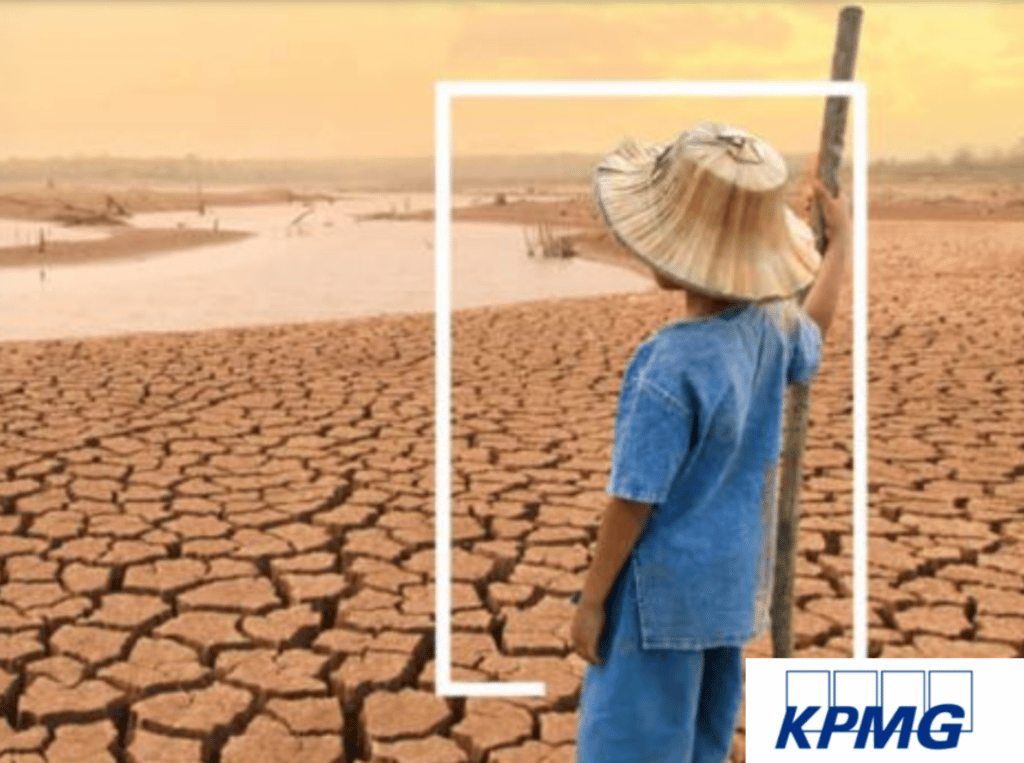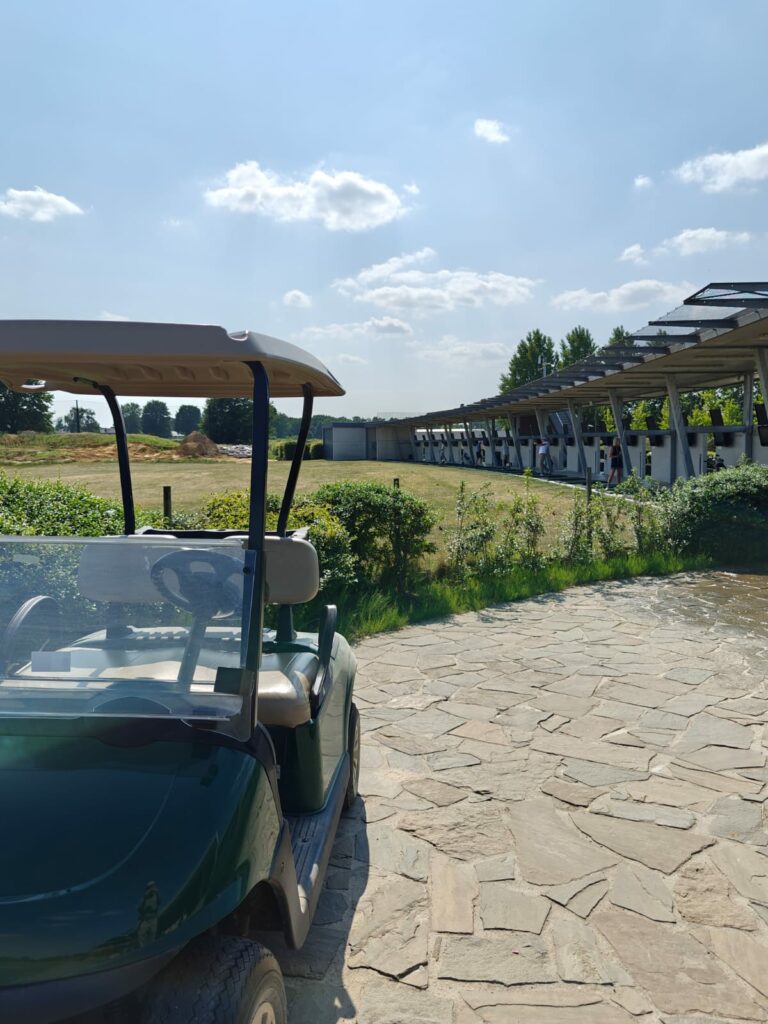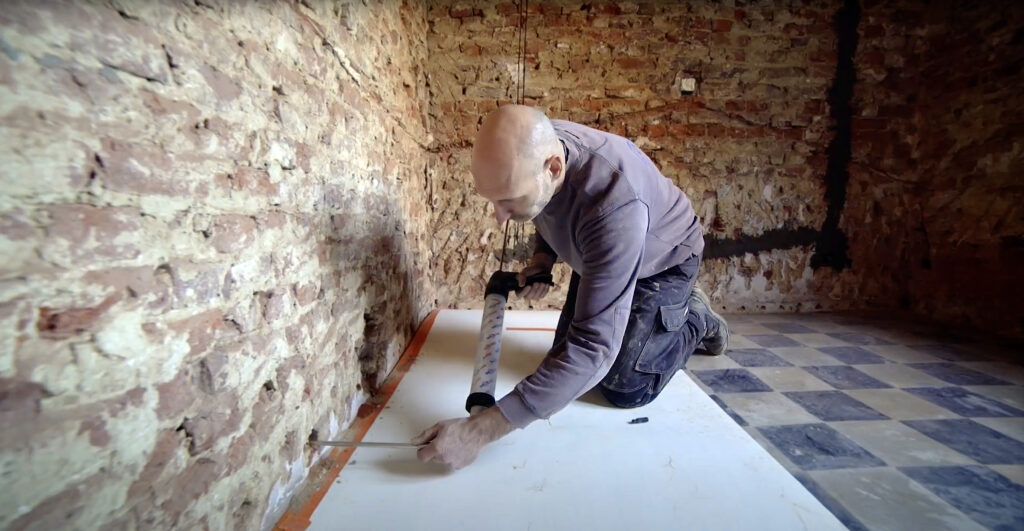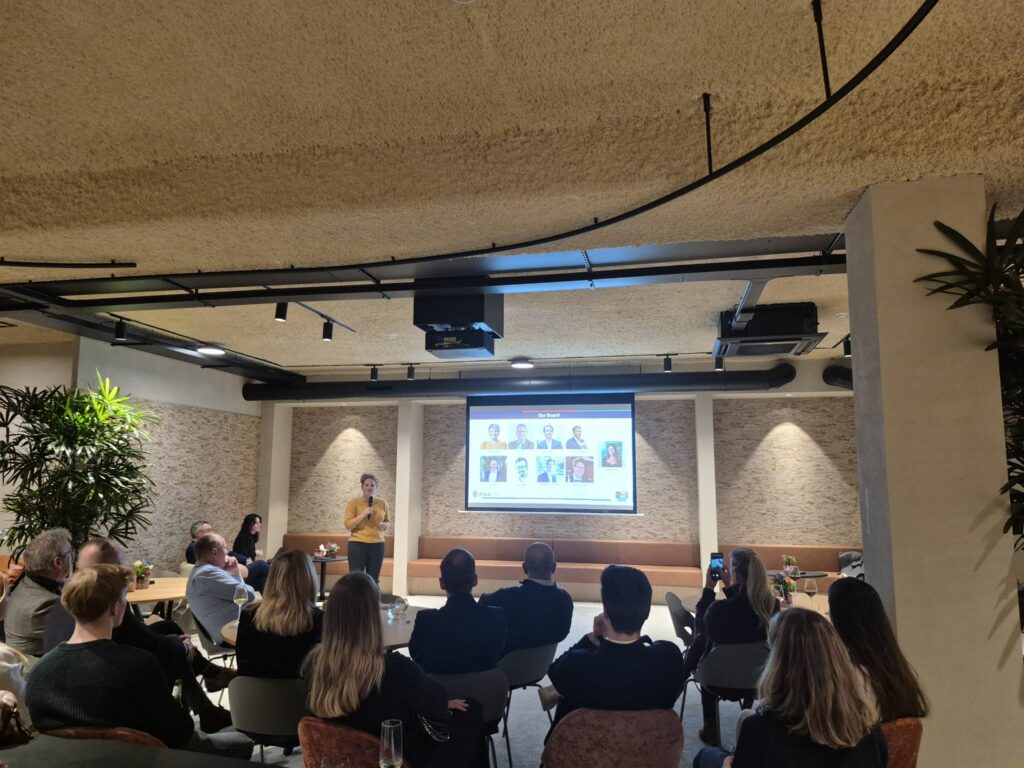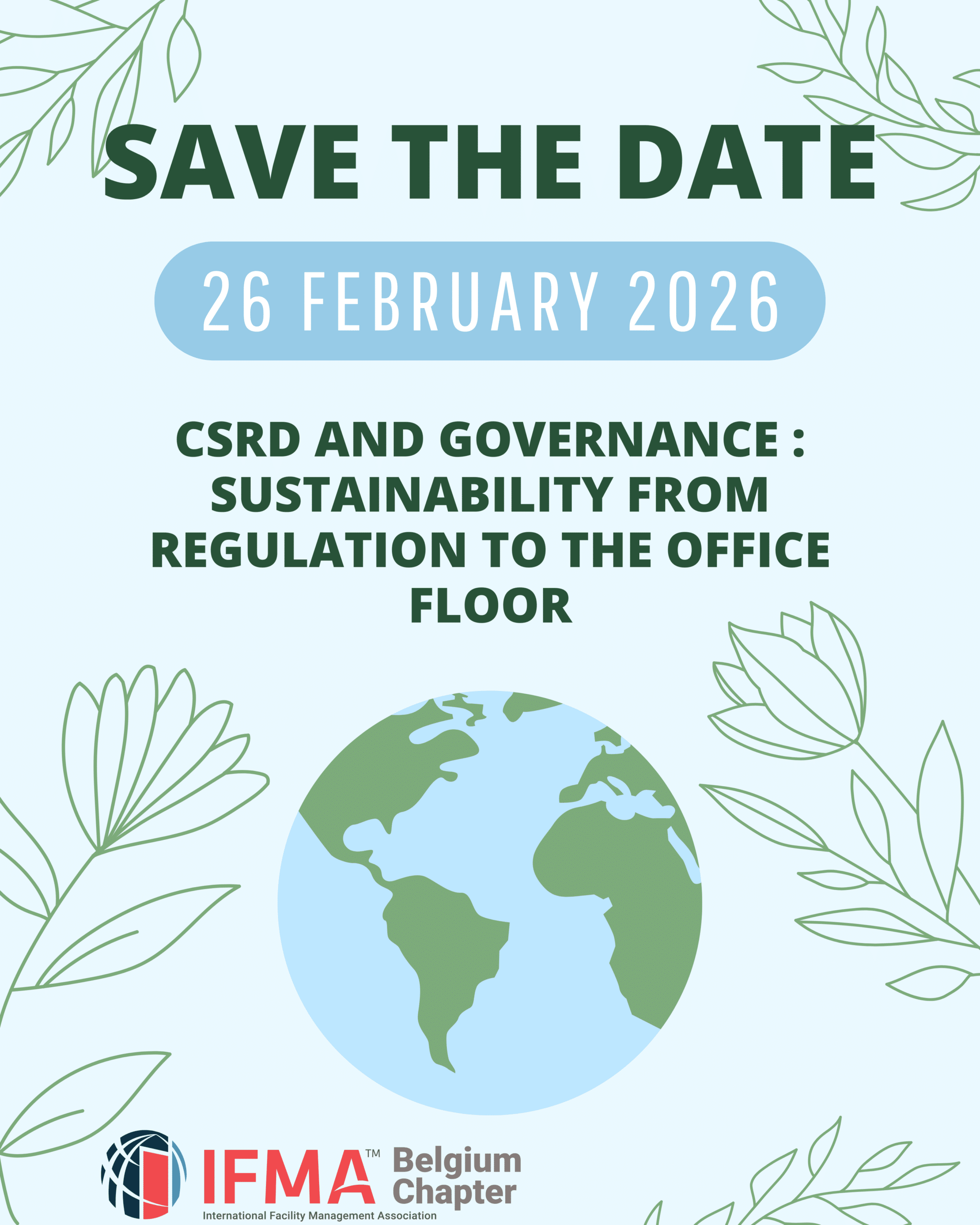The availability of fresh water is under increasing pressure in Belgium. “Human beings have adapted the landscape to their own needs for decades and we are now bearing the consequences,” explain Kobe Geryl and Thomas De Ruyck, Physical Asset Manager and Director at KPMG. “In order to mitigate the risks, we need to significantly bet on data analytics. Because with the right data, we can assess the current situation, better predict the future and offer the right solutions.”
Thomas: “In Belgium we often think it rains all the time, but actually, we live in a water-scarce region. On average, there are still as many cubic meters of rainfall as a hundred years ago, but it falls more erratically: less often and more intensely. As a result, periods of relative dryness alternate with periods of extreme rainfall, as we have unfortunately experienced in Belgium in recent years. Because of this extreme rainfall in a short period of time, the water simply does not get the chance to seep into the soil. Consequently, groundwater levels are dropping, even though on average the same amount of water is falling as before.”
From water scarcity to conflict
Kobe: “In Flanders, the situation is even more precarious because we are so densely populated and built-up. Moreover, we don’t have extremely large watercourses and, in recent decades, we have optimized our water systems to drain away water quickly and efficiently. This also explains the difference between ‘drought’ and ‘water scarcity’: there is no structural drought in Belgium as there is sufficient rainfall, but there is water scarcity as we drain this water instead of capturing it. It is high time to evolve towards circular water use, where we reuse water as much as possible.”
Thomas: “Of course, water scarcity is not only an issue in Belgium. It is a global problem that manifests itself in different ways. I can imagine that within decades there will be water wars, with different regions fighting over potable water. Or that more and more people will migrate from drought areas to better, wetter places.”
Kobe: “You can already see these conflicts now. For example, Ethiopia recently built the Great Renaissance Dam to generate electricity. But Egypt and Sudan disagreed with those plans because the dam would endanger their water supply. The United States and the African Union had to intervene to calm tempers.”

